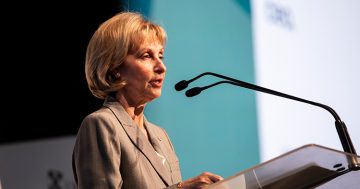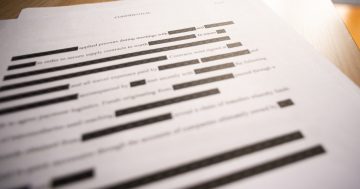 French public sector broadcasters launched a 24-hour strike in protest of President Emmanuel Macron’s plan to abolish the television licence fee and fund public broadcasting through general taxation.
French public sector broadcasters launched a 24-hour strike in protest of President Emmanuel Macron’s plan to abolish the television licence fee and fund public broadcasting through general taxation.
Media unions said the proposal would undermine the independence of public service media and could lead to budget cuts.
Mr Macron vowed to abolish the fee, which funds television, radio and online public programing, during his re-election campaign.
The €138 ($A206.60) yearly charge, paid by the 23 million households owning a television in mainland France, brings in more than over €3 billion ($A4.5 billion) annually to pay for France Médias Monde, France Télévisions, Radio France, Arte-France and the INA (Institut national de l’audiovisuel).
In a joint statement, journalists’ unions criticised the plans, saying they threatened the very existence of public broadcasting.
“In the absence of a ring-fenced revenue source, public service media will become more precarious and subject to political pressure,” the unions said.
“Citizens have never needed independent information more, including access to varied and diverse cultural offerings.”
According to a report by an economist specialising in the media, Julia Cagé, 13 of the 27 member countries of the European Union continue to impose media fees including France, Germany, Austria, Greece, Italy and Portugal.
“At a time when fake news is proliferating and inflation is eating away at budgets, it is essential to provide transparency in funding and fairness in distribution, as several Nordic countries have been able to do over the past 10 years,” Ms Cagé said.
The French media fee is far from the highest; in Germany it amounts to €210 ($A314.40) per year, and all households pay the tax on the grounds that even if they don’t have a television, people can still read public broadcasters’ news articles and listen to radio podcasts online.
In the United Kingdom, the British Broadcasting Corporation (BBC) is funded by a £159 ($A278.14) charge on all British households that have a television.
However, the Government plans to abolish the licence fee by 2027, although an alternative way of funding the BBC is thus far unclear.
Paris, 30 June 2022











